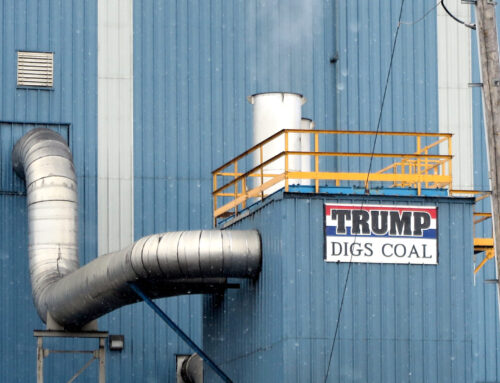APPA Biocarburantes calls for substantial changes to the draft royal decree on renewable f
September 22, 2025
The possibility that RFNBOs used in industry could count towards transport targets breaches the Renewable Energy Directive. Allowing full avoidance of the 2030 advanced biofuels target contradicts the Directive’s recommendation. The transfer of renewable fuel certificates between transport sub-sectors should be removed or capped at 20%.
APPA Biocarburantes considers that the draft Royal Decree on renewable fuels in transport, presented by MITECO last July and currently under consultation, requires substantial changes to correctly transpose the provisions relating to transport in the new EU Renewable Energy Directive (RED III), particularly regarding advanced biofuels and renewable fuels of non-biological origin (RFNBOs), i.e. green hydrogen and its derivatives, and to fully harness the potential of biofuels to contribute to the decarbonisation of transport.
Although the association welcomes the establishment of specific sales or consumption targets for renewable energy in the various transport sub-sectors (road, rail, domestic navigation and aviation), as well as specific targets for advanced biofuels, advanced bioethanol and RFNBOs for both final and intermediate use, it argues that the draft’s proposal to allow RFNBOs used or destined for sectors other than transport, such as industry, to count towards the transport targets clearly breaches RED III. The Directive does not allow this under any circumstances, so this provision should be removed from the draft in its entirety.
APPA Biocarburantes also strongly opposes the draft proposal that obligated parties may meet the entire combined quota of advanced biofuels and RFNBOs in transport for 2030 (8%) solely with RFNBOs, which would allow them to avoid entirely the 5.5% advanced biofuels sub-target set for that same year.
“This option should also be removed from the draft,” insists Álvaro Mitjans, President of APPA Biocarburantes, “as it directly contravenes Article 25.1 of RED III, which explicitly recommends that Member States set separate national targets for advanced biofuels and RFNBOs precisely to ensure the development of both types of fuels. The draft should therefore fully safeguard the advanced biofuels sub-target.”
The sector believes the draft should also introduce the following additional modifications:
-
Eliminate the possibility of renewable fuels and energy used in one specific transport sub-sector counting freely towards the targets of other sub-sectors, as this would undermine the very purpose of setting separate targets for each sub-sector.
-
Remove, for the same reason, the option for an obligated party to use surplus compliance from one transport sub-sector target to meet its obligations in other sub-sectors, or at least ensure that such surpluses do not represent more than 20% of compliance with the target in the destination sub-sector.
-
Significantly increase the target trajectory for advanced biofuels (4% in 2027, 4.5% in 2028, 5% in 2029 and 5.5% in 2030), considering that, under the methodology provided in the draft, these biofuels already accounted for 4.3% of total transport energy supply in 2023.
-
Raise the target trajectories for the rail transport sector (3% in 2027, 3.5% in 2028, 4% in 2029 and 5.4% in 2030) and domestic navigation (1% in 2027, 1.5% in 2028, 2% in 2029 and 3% in 2030) given the potential for adding biodiesel to gas oil B enabled by the new technical specification included in the draft.
-
Explicitly state that the current obligation to reduce greenhouse gas (GHG) emission intensity in transport by 6% will apply until the end of 2026, to align its cessation with the current mechanism promoting renewable fuels in transport.
-
Provide that MITECO will request the European Commission to raise in Spain the current 1.7% limit on the contribution of biofuels produced from feedstocks listed in Part B of Annex IX of RED III towards the transport targets, given the greater availability of these feedstocks anticipated in the draft.
-
Mandate that service stations offer B10 diesel and E10 petrol under terms and conditions to be set by MITECO through an Order to be approved within a maximum of 12 months from the entry into force of this Royal Decree.
-
Set all transport renewable energy targets in the draft in terms of energy content, as this is the most coherent option with the principle of efficiency that should govern the exercise of regulatory powers by public authorities.
-
Apply exactly the formula for calculating the reduction in GHG emission intensity associated with renewable energy use in transport provided in Article 27.1 of RED III, in order to ensure a faithful and precise transposition of this EU legislation and to uphold the principles of legal certainty and efficiency.
Search
RECENT PRESS RELEASES
Related Post



